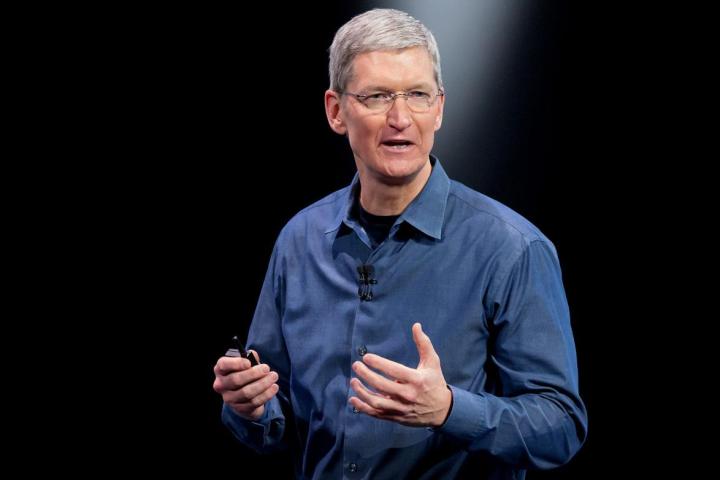
There are a couple of major cases involving the two companies, but today’s decision is in relation to a ruling from May 2014 that Samsung infringed on Apple’s patents involving slide-to-unlock, autocorrect, and autolink features. Apple was awarded $120 million, but U.S. District Judge Lucy Koh denied an injunction in August 2014 that would stop Samsung from selling any products that use the features. Her reasoning was that the $120 million settlement was good enough. Apple appealed and argued that Samsung stole those features, and therefore, had no right to continue to use them.
Fast forward to today and a U.S. Circuit Court of Appeals said that an injunction should have been awarded, and the lower court abused its discretion in failing to do so. Unfortunately for Apple, this does not mean the company was actually awarded an injunction today. It just means that this case will be sent back to the U.S District Court that refused to issue the injunction to reconsider its ruling.
The Court of Appeals said in its 2-1 decision, “The right to exclude competitors from using one’s property rights is important and the right to maintain exclusivity — a hallmark and crucial guarantee of patent rights deriving from the Constitution itself -— is likewise important.”
Samsung had the backing of Google, HTC, LG, and Rackspace Hosting, but it wasn’t good enough. The companies argued that an Apple victory could allow a patent owner to “to unfairly leverage its patent for competitive gain.”
Furthermore, Samsung told the Court of Appeals that none of its current models uses slide-to-unlock or autocorrect, and only one product uses the autolink feature.
So why is Apple spending all sorts of money to keep this one alive? A win probably won’t force Samsung to make many changes, but it could set a precedent for future patents that Apple owns. Many believe that companies shouldn’t be allowed to patent common-sense software features. Awarding too many patents could cause unnecessary resources to be spent in the legal system rather than on innovation.
Let’s also not forget that Apple and Samsung have another blockbuster case ongoing. Apple already won that one in 2012 when a court ruled that Samsung copied the design of the iPhone. Apple was awarded $1 billion, but the Federal Circuit reduced it to $548 million in May. However, the final amount still needs to be determined by a trial limited to the issue of damages.
Editors' Recommendations
- Apple vs. Samsung: Who has the best lock screen customization in 2022?
- iPhone 13 and Z Flip 3 keep Apple and Samsung sales strong in U.S. and Europe
- Using an Apple Watch shows how Google and Samsung have been left in the dust
- Apple iPhone 11 Pro Max vs. Samsung Galaxy Note 10 Plus
- Samsung Galaxy S21 vs. iPhone 12: Can Samsung take a bite of Apple?

